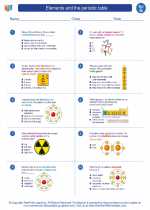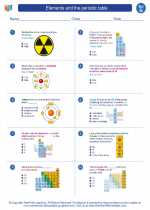Muscle Physiology
Muscle physiology is the branch of science that focuses on the study of how muscles function. Muscles are responsible for movement, posture, and body heat generation, making the study of muscle physiology crucial for understanding how our bodies work.
Types of Muscles
There are three main types of muscles in the human body: skeletal, cardiac, and smooth muscles.
- Skeletal muscles: These are attached to the bones and are responsible for voluntary movements such as walking and lifting weights.
- Cardiac muscles: Found in the heart, these muscles are responsible for pumping blood throughout the body.
- Smooth muscles: These are found in the walls of organs and blood vessels, and are responsible for involuntary movements such as peristalsis (the movement of food through the digestive system).
Muscle Contraction
Muscle contraction is the process by which muscles generate tension and produce force. This process is controlled by the nervous system and involves the interaction of various proteins within the muscle cells.
- Sarcomere: The functional unit of a muscle cell, consisting of actin and myosin filaments that slide past each other during muscle contraction.
- Sliding filament theory: The theory that explains how muscle contraction occurs at the molecular level, with the actin and myosin filaments sliding past each other to generate force.
- Neuromuscular junction: The point of contact between a motor neuron and a muscle fiber, where the signal for muscle contraction is transmitted.
Study Guide
Here are some key concepts to understand when studying muscle physiology:
- Identify and understand the different types of muscles in the human body.
- Learn about the structure and function of the sarcomere, and how it contributes to muscle contraction.
- Explore the sliding filament theory and how actin and myosin interact during muscle contraction.
- Understand the role of the neuromuscular junction in initiating muscle contraction.
- Study the various factors that can affect muscle function, such as fatigue, exercise, and muscle disorders.
By grasping these fundamental concepts, you can develop a comprehensive understanding of muscle physiology and its significance in human biology and movement.
.◂Science Worksheets and Study Guides Seventh Grade. Elements and the periodic table

 Activity Lesson
Activity Lesson
 Worksheet/Answer key
Worksheet/Answer key
 Worksheet/Answer key
Worksheet/Answer key
 Worksheet/Answer key
Worksheet/Answer key
 Worksheet/Answer key
Worksheet/Answer key
 Vocabulary/Answer key
Vocabulary/Answer key
 Vocabulary/Answer key
Vocabulary/Answer key
